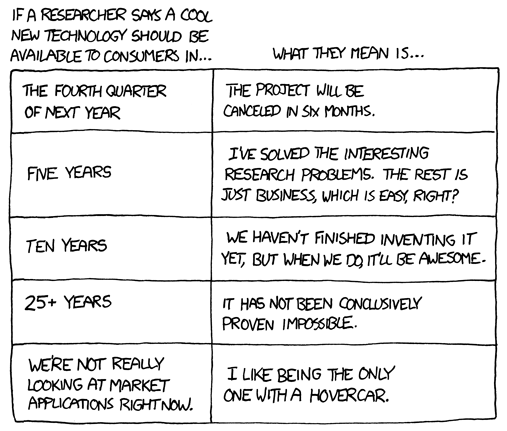Quantum computers are often heralded as being the future of high-performance computing and have the potential to revolutionise certain fields of scientific research. However, like so many other futuristic technologies, these sorts of systems always seem planned for some distant time in the future.
Technology of tomorrow
However, an international team - led by researchers from Bristol University - now says that quantum processors capable of outperforming traditional CPUs could be a reality within five years. The bold claim follows the successful development of a chip that the creators believe could represent a new approach to quantum computing.
The silicon-based optical-chip - the details of which were published in Science - uses two photons travelling along a network of circuits to complete what is known as a 'quantum walk'. While this sort of experiment is relatively trivial for a single-particle system, it is the first time that a two-photon system has been demonstrated.
Blinded with science
The researchers believe that by scaling the process up to create a multi-photon experiment, they can create a new sort of quantum computer. Though the step from one to two photons was quite difficult, developing larger experiments will apparently be fairly straightforward.
As the system grows, the complexity of the problems that it can tackle increases exponentially. As a result, the team believes that powerful quantum-computers could soon be a reality.
According to project lead Professor Jeremy O'Brien, "this is very much the beginning of a new field in quantum information science and will pave the way to quantum computers that will help us understand the most complex scientific problems."
Understandably, it's unlikely that we'll be finding these sorts of systems under our desks any time soon. However, it's now possible that quantum computers will be a common feature in some research labs in the near future.














